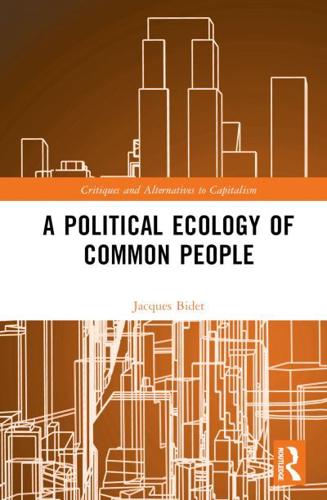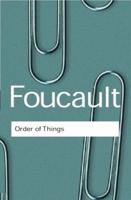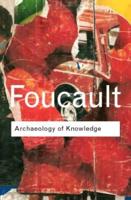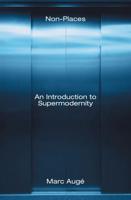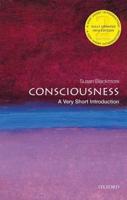Publisher's Synopsis
This book advances a counter-intuitive thesis: modern attacks on the global ecological balance are exclusively the result of processes of social domination, whether they are based on class, gender or nation. If this is the case, then it follows that ecological struggle and social struggle are one and the same thing.
The approach is inspired by Marx's theory, as revisited through Bourdieu and Foucault, Rawls and Habermas, and Ostrom and Wallerstein. Based on a new concept, that of "metastructure" which defines the relationship between the structural and the symbolic, it confronts contemporary debates on class, gender andcoloniality, as well as on the state, the nation and the World-System.
Global social-ecological destruction is thus analysed on three registers: that of capital, which produces for profit; that of (supposed) competent authority, which produces to produce; and that of the nation, which produces to conquer. Consumerism follows from productivism, not the other way around. The question of need takes precedence over that of desire.
This metastructural configuration poses the imperative constantly renewed to counter the blind logic of capital with a rational logic of organisation, and, at the same time, to counter the logic of the organisers through a democratic discursive logic. This latter is the recourse of common people. The Global South is on the front line of this struggle; and women's struggle bears its own decisive ecological impulse.
